During Sleep The Body Provides Fuel To The Brain

Imagine yourself drifting off to sleep, the day's worries fading into the background. Your breathing slows, your muscles relax, and your mind begins to wander. But while you rest, your body is far from idle. It’s a silent benefactor, diligently working to nourish the very organ responsible for dreams, thoughts, and consciousness: your brain.
Scientists have long understood that sleep is crucial for brain health, but recent research is shedding light on the intricate ways the body fuels the brain during this essential downtime. This article delves into the fascinating mechanisms through which your body provides sustenance to your brain while you sleep, highlighting the implications for cognitive function and overall well-being. We'll explore how this process works, what nutrients are involved, and why prioritizing sleep is an investment in a sharper, healthier mind.
The Brain's Nightly Feast
The brain, despite accounting for only about 2% of your body weight, consumes a disproportionately large amount of energy. During wakefulness, this energy demand is met by a steady supply of glucose, the primary fuel source derived from the food we eat.
However, during sleep, our dietary intake ceases, and the body must rely on stored energy reserves to keep the brain functioning optimally. This is where the body's clever orchestration comes into play.
Glycogen: The Brain's Emergency Stash
One of the key players in this nightly nourishment is glycogen, a form of glucose stored primarily in the liver and muscles. The brain itself also maintains a small, localized reserve of glycogen within its cells, specifically in astrocytes, specialized support cells that surround neurons.
During sleep, when energy demands fluctuate, these astrocytes release glucose derived from glycogen, ensuring a constant supply of fuel to the neurons. Think of it as a local, on-demand energy depot, preventing any sudden dips in glucose availability that could disrupt brain function.
Lactate: An Unexpected Fuel Source
Interestingly, glucose isn't the only fuel source the brain utilizes during sleep. Research has revealed that lactate, a byproduct of glucose metabolism, also plays a significant role.
While lactate was once considered a mere waste product, scientists now recognize it as an important alternative fuel, particularly during periods of high energy demand. During sleep, astrocytes convert some of the glucose they take up into lactate, which is then shuttled to neurons for energy production.
This process is particularly crucial during periods of intense brain activity, such as during REM sleep, when dreams are most vivid and brain activity resembles that of wakefulness.
Hormonal Orchestration
The entire process of fueling the brain during sleep is carefully regulated by hormones. Insulin, the hormone responsible for regulating blood sugar levels, plays a crucial role in glucose uptake by both the liver and the brain.
During sleep, insulin sensitivity increases, allowing the brain to efficiently absorb glucose from the bloodstream. This ensures that the brain receives a sufficient supply of fuel, even as blood sugar levels naturally decline during the night.
Other hormones, such as cortisol and growth hormone, also contribute to the regulation of energy metabolism during sleep. These hormones help to mobilize stored energy reserves and ensure that the brain's energy needs are met.
Implications for Cognitive Function and Health
Understanding how the body fuels the brain during sleep has profound implications for our cognitive function and overall health. Disruptions to sleep, such as sleep deprivation or insomnia, can impair the brain's ability to effectively utilize energy resources.
This can lead to a cascade of negative consequences, including impaired cognitive performance, reduced alertness, and increased risk of mood disorders. Chronic sleep deprivation has also been linked to an increased risk of neurodegenerative diseases, such as Alzheimer's disease.
Conversely, prioritizing sleep and ensuring sufficient sleep duration can optimize brain function and promote overall health. Adequate sleep allows the brain to effectively replenish its energy reserves, consolidate memories, and clear out waste products.
This, in turn, can lead to improved cognitive performance, enhanced mood, and a reduced risk of chronic diseases. In fact, studies show that getting enough sleep improves focus, memory, and even creative problem-solving skills.
Nourishing Your Brain Through Sleep: Practical Tips
So, how can you ensure that your body effectively fuels your brain during sleep? The first step is to prioritize sleep duration and quality. Aim for at least seven to eight hours of quality sleep per night.
Establish a regular sleep schedule, going to bed and waking up at the same time each day, even on weekends. Create a relaxing bedtime routine to help you wind down before sleep. This could include taking a warm bath, reading a book, or practicing relaxation techniques such as deep breathing or meditation.
Avoid caffeine and alcohol before bed, as these substances can disrupt sleep patterns. Maintain a healthy diet and regular exercise, as these habits can also promote better sleep. A balanced diet provides the building blocks for glycogen storage and hormonal regulation, while exercise can improve sleep quality.
If you suspect you have a sleep disorder, such as sleep apnea or insomnia, consult a healthcare professional for diagnosis and treatment.
A Symphony of Biological Processes
The process of the body fueling the brain during sleep is a testament to the intricate and interconnected nature of our biological systems. It’s a reminder that even in our most restful state, our bodies are tirelessly working to support our cognitive function and overall well-being. By understanding this remarkable process, we can appreciate the importance of prioritizing sleep and making informed choices that support a healthy brain.
As you drift off to sleep tonight, remember that your body is providing a crucial service, diligently nourishing the very organ that allows you to dream, think, and experience the world. Embrace the restorative power of sleep and wake up refreshed, knowing that you've given your brain the fuel it needs to thrive.
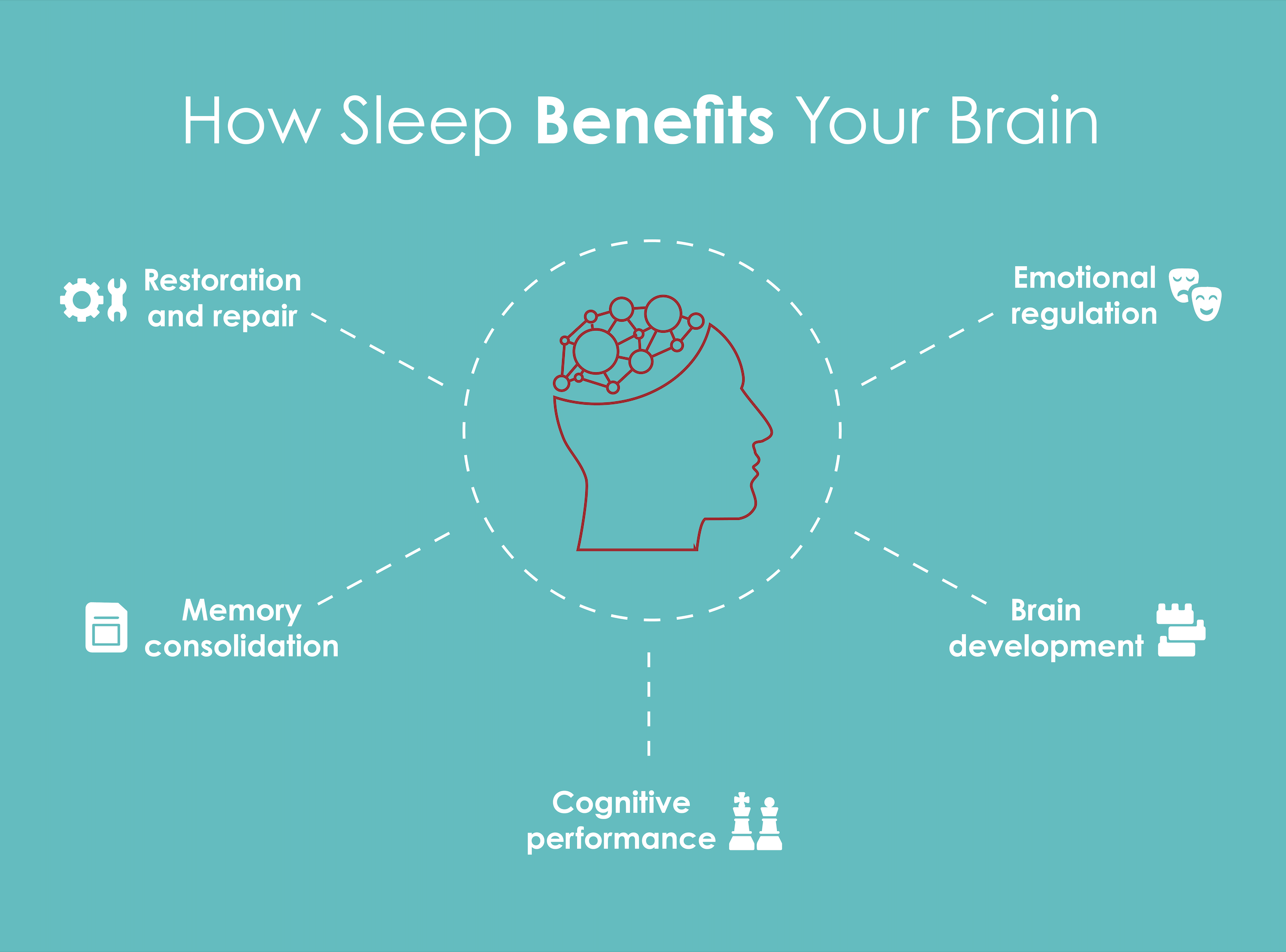
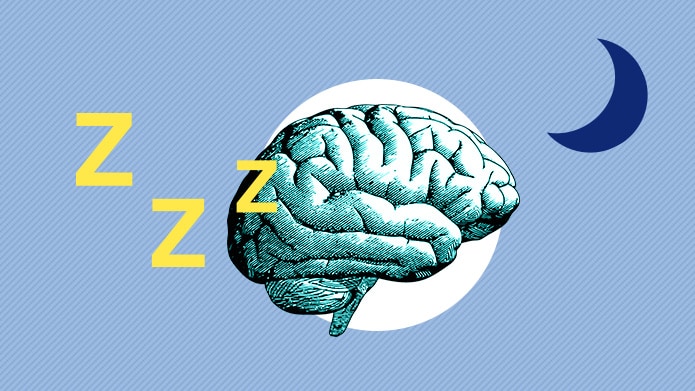

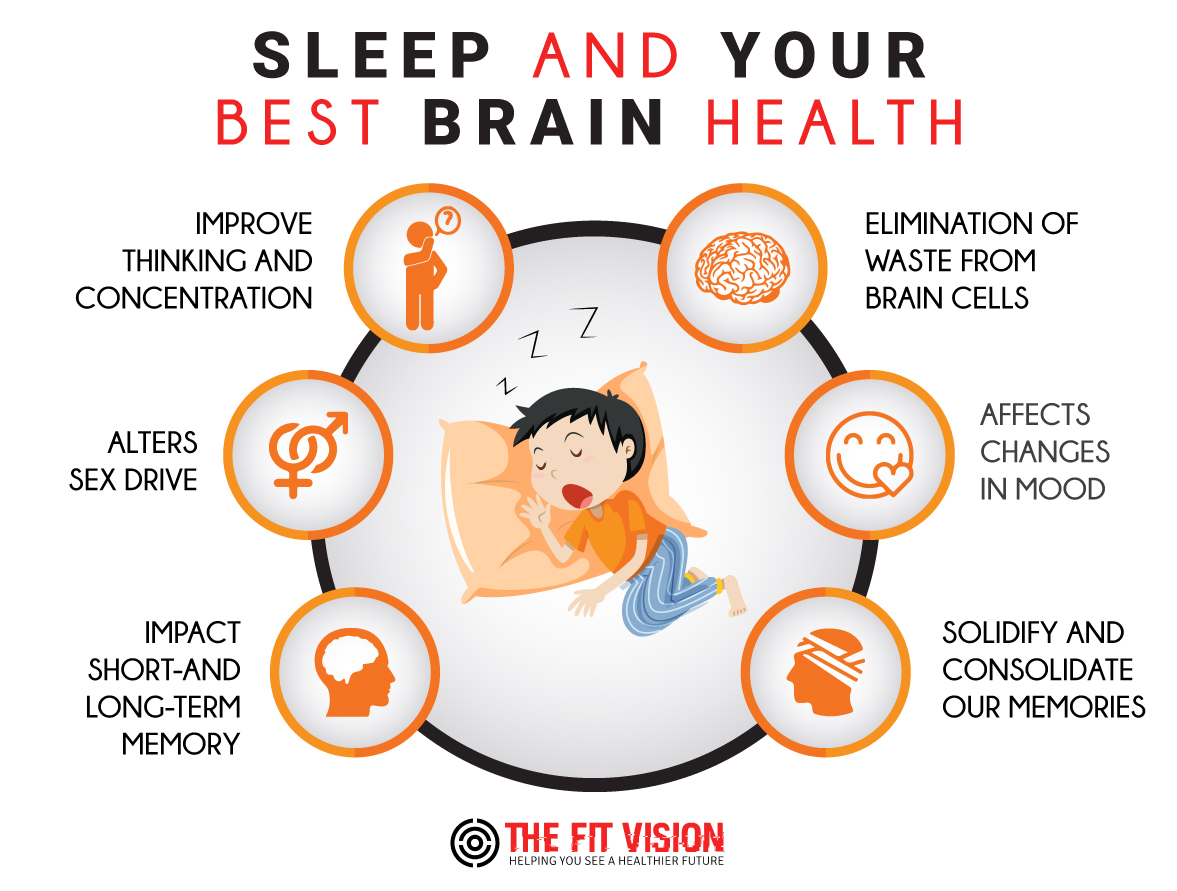

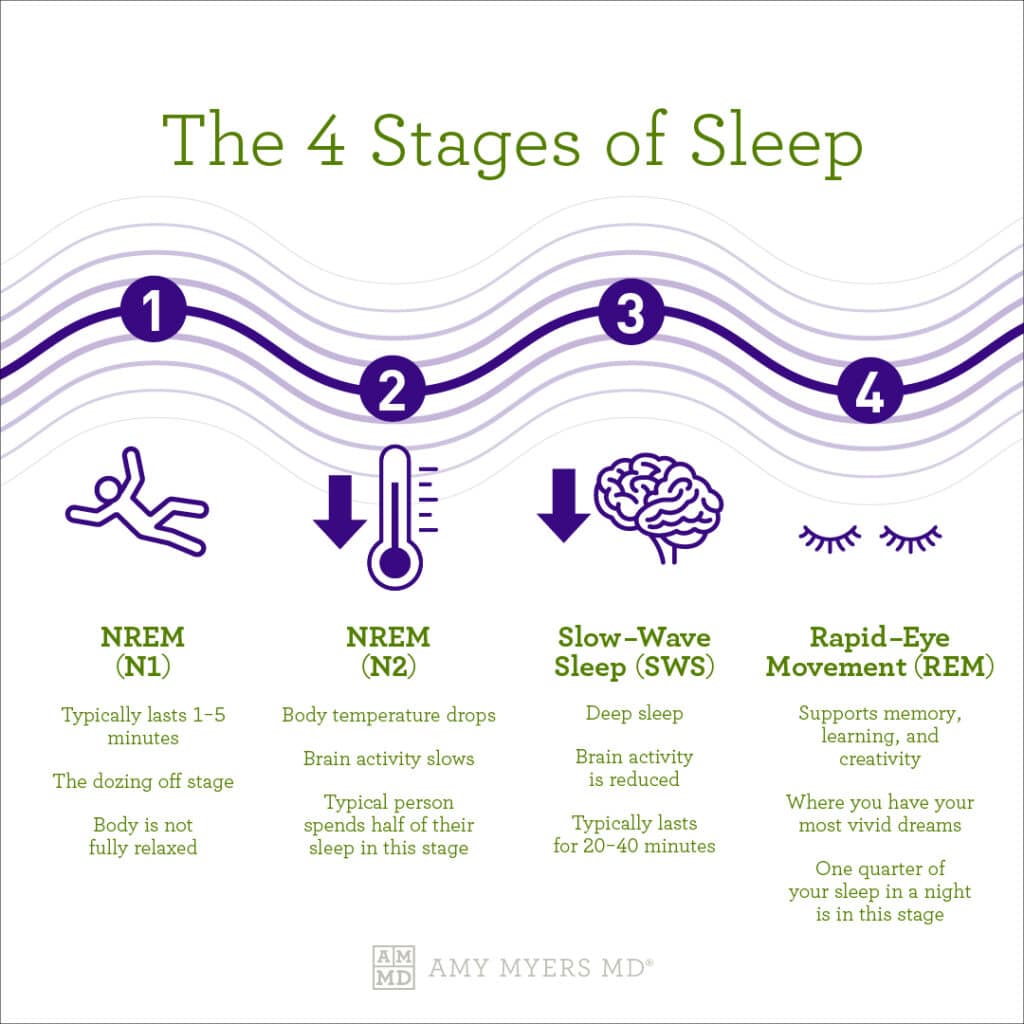

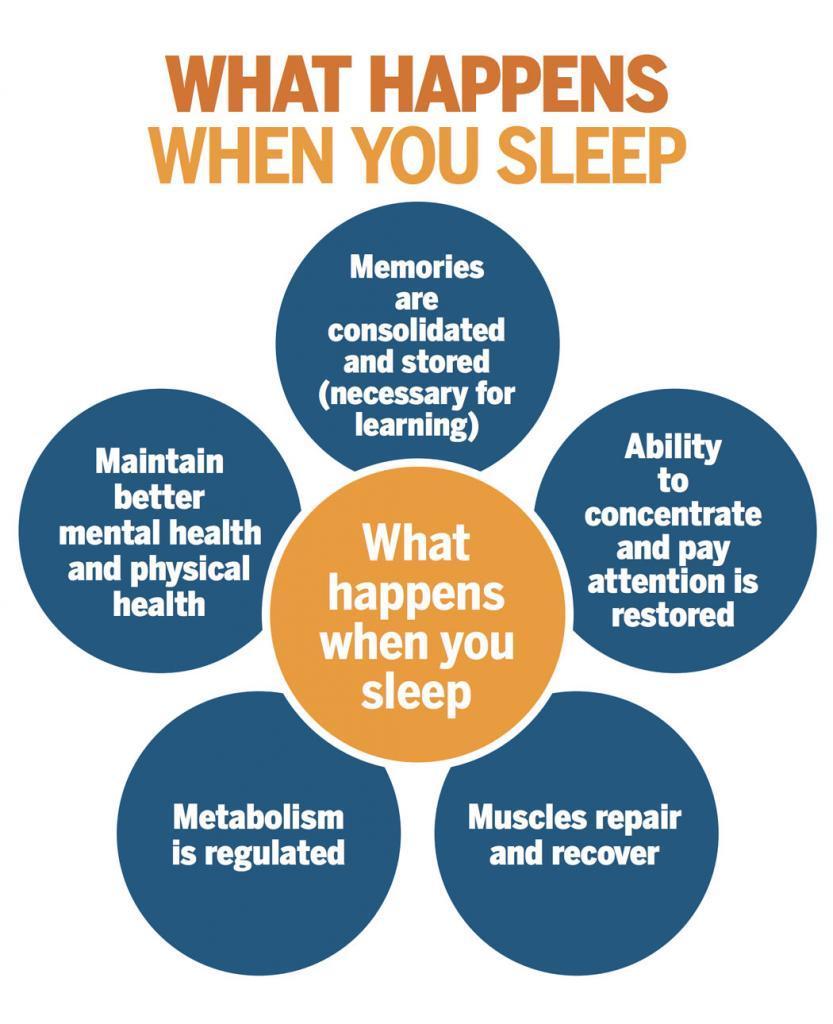
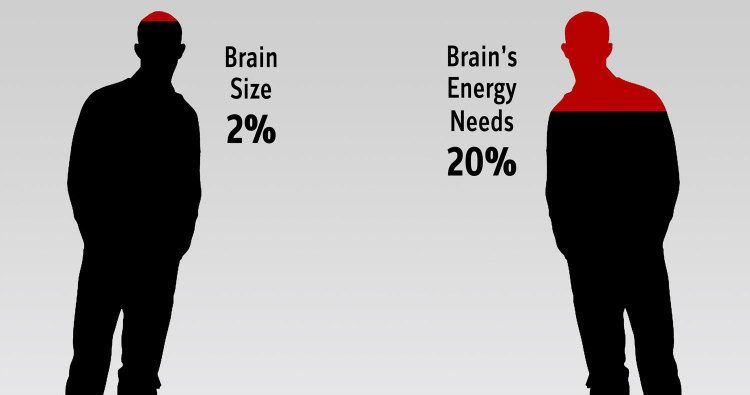
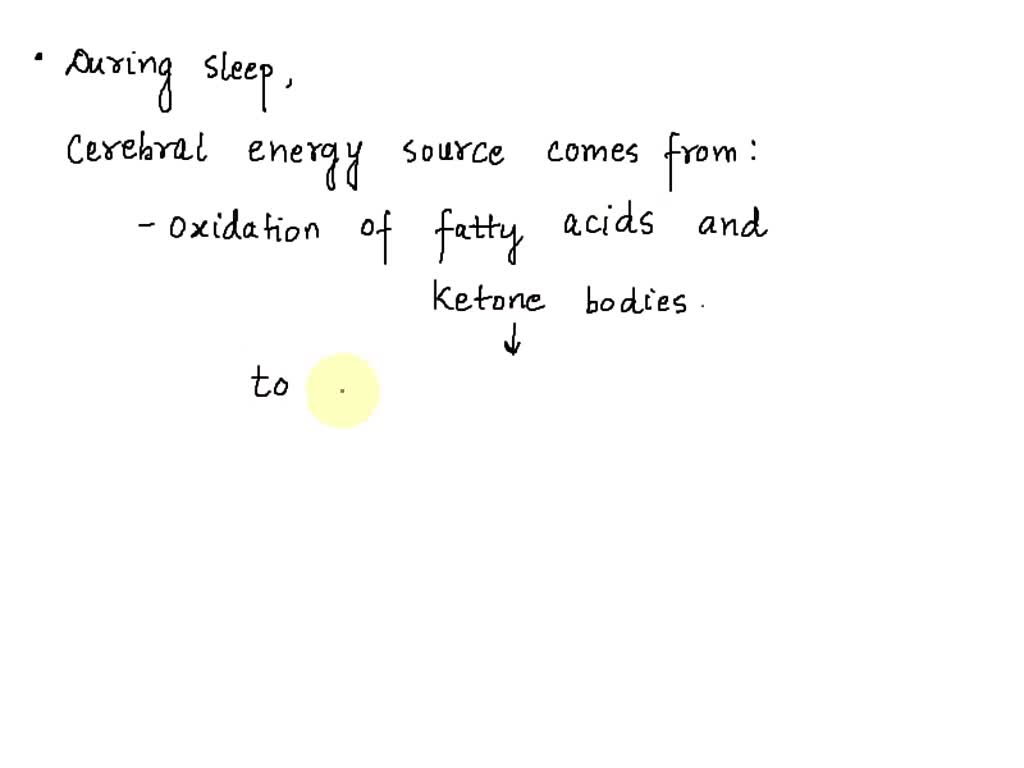
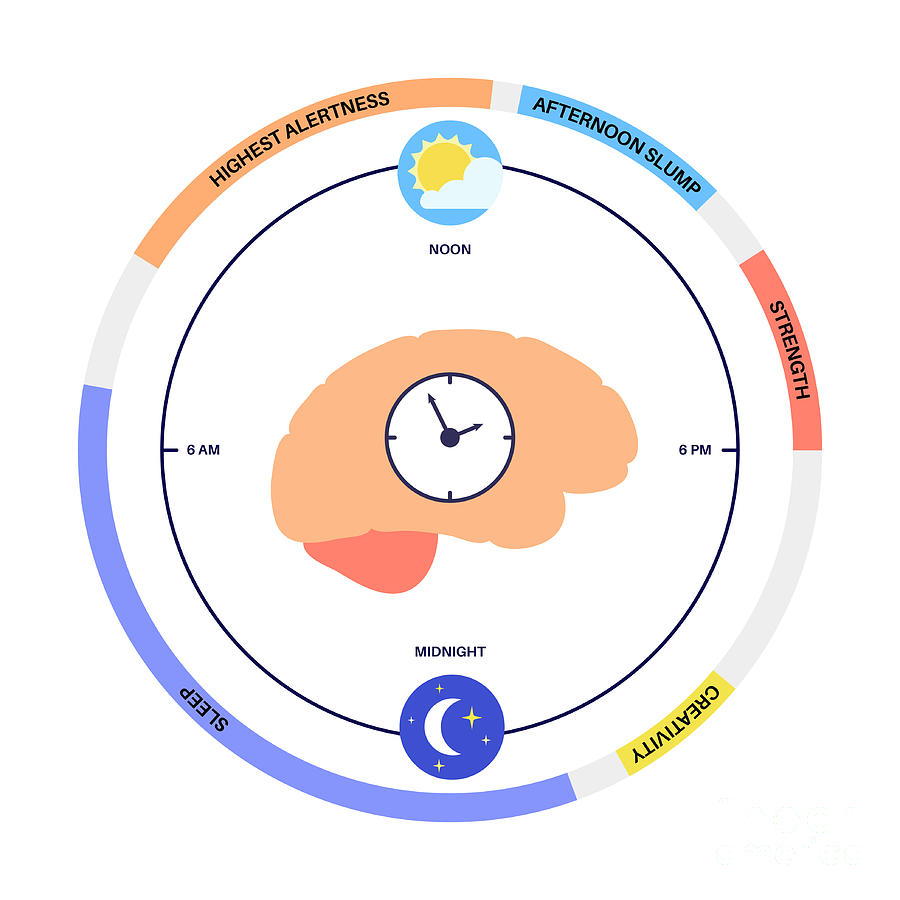



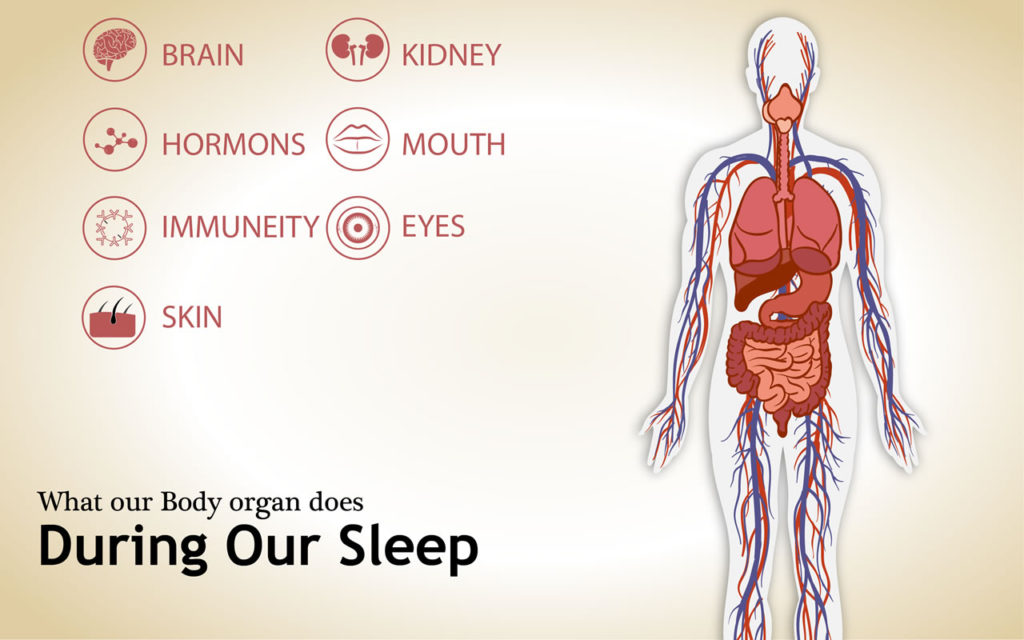
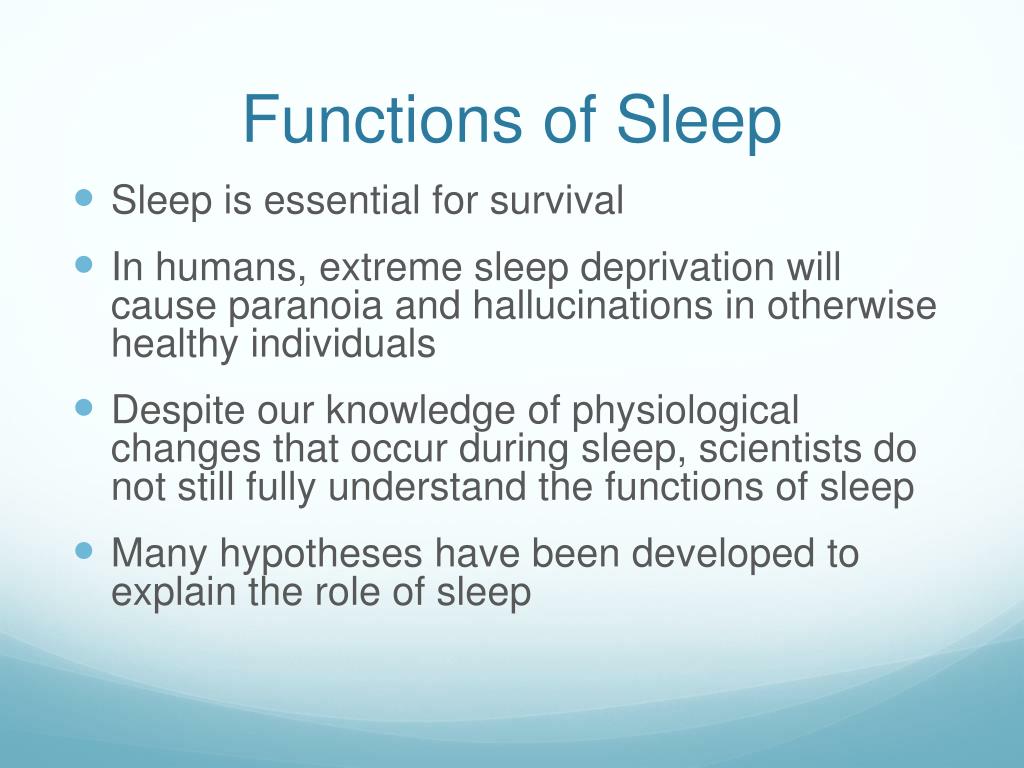
:max_bytes(150000):strip_icc()/the-four-stages-of-sleep-2795920_FINAL-5c05c2fc46e0fb00018dac3d.png)

